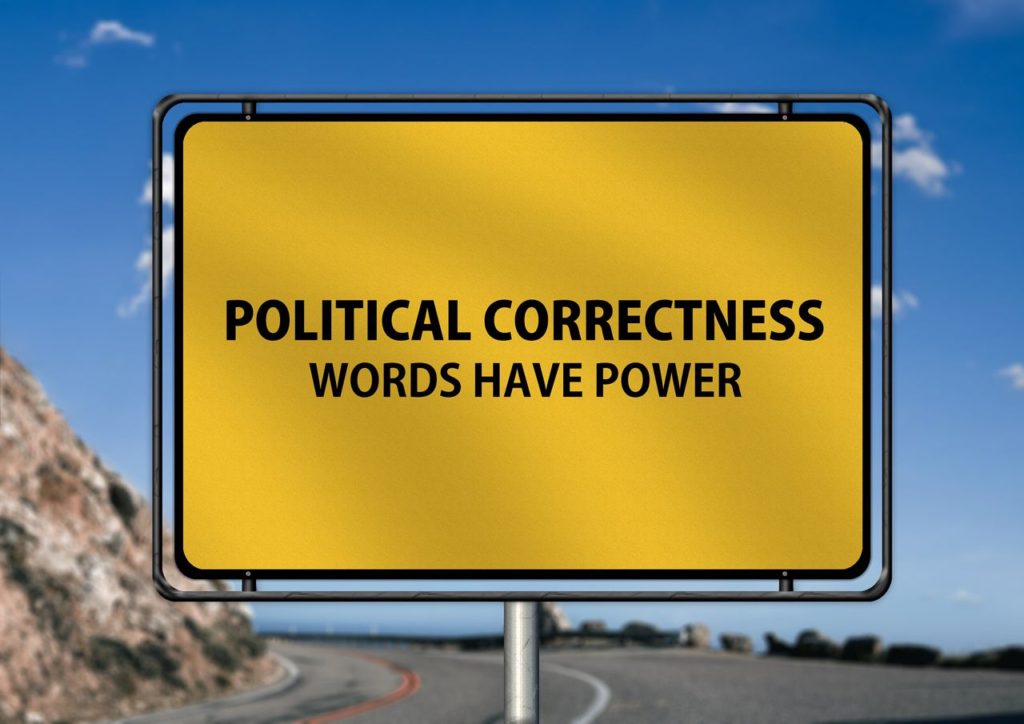
Call me whatever you like, just don’t call me late for dinner. This line works well in comedy, but not so much when interacting with people with disabilities. And don’t believe it when people say, sticks and stone will break my bones, but names will never hurt me.” Name calling does hurt!
Here are some of the offensive words used to describe people with disabilities—crippled, retarded, dumb, psycho, midget, handicapped, spastic. All these words are negative and degrade the person with a disability. It’s time to stop using them.
When confronted about their poor choice of words, some people say, Oh, I didn’t know.
Want to subscribe to receive blog updates sign up today?
Others claim to be only joking while the worst offenders are egged on and get louder and more obnoxious. Well, ignorance and using people as the butt of their jokes should not be tolerated in a civil society.
Sure, there is some genuine confusion. After all, terminology does change over time. For example, I was a crippled child, a handicapped teenager, and now a disabled adult. I’m still the same person despite aging through many decades, but the words to describe my condition have changed. It’s not enough to keep up with fashion trends, we must also stay current with our language.
So why italicize disabled adult? That’s because it’s a violation of disability etiquette to describe a person by their disability. See the person first, not the disability. We are not defined by our disabilities. This translates into using person first language. Don’t say, the blind man or the deaf girl. Instead say, the man who is blind or the girl who is deaf. Yes, I know it’s not as literary or concise, but it’s better to be polite and sensitive.
Another common phenomenon is for people to go overboard with endearing words like dear, pet, or darling. I don’t hear the endearment, I hear patronizing. But before assuming they see me as a needy cause, I listen to see if they use the same words when talking to people without disabilities. If the endearments are applied to everyone, then I know no distinction is being made between people with and without disabilities.
Another trend is for people to downplay disability with euphemisms, such as physically challenged. My problem with this one is that in trying not to offend, the disability experience is undermined. Disability is not something that needs to be softened as something unpalatable, it’s a fact that needs to be acknowledged and embraced as part of human diversity.
So, for those not wanting to offend, you might now worry about inadvertently using offensive language. My best advice is don’t ask, What should I call you? The better question to ask is, What’s your name? When a person with a disability answers this question, it’s important to remember, A good name is to be more desired than great wealth, Favor is better than silver and gold. Proverbs 22:1. New American Standard Bible.
This blog post was first published as a guest post on https://aisforadelaide.com/2020/08/26/what-should-i-call-you/. For more of Angela’s writings go to her website at https://angelamuirvanetten.com where you can subscribe to her weekly blog and find retail links to her new book, Pass Me Your Shoes: A Couple with Dwarfism Navigate Life’s Detours with Love and Faith.

4 replies on “What should I call you?”
I call you Angela, friend, advocate. Our differences should draw us together to form a tighter unit which can/should produce a better world.
Thank you Debby. Our differences are what make us unique individuals made stronger and more effective when we pull together and encourage one another.
Hi Angela,
Call me Julie, call me friend,call me a short statured lady.
Hello Julie, my friend.